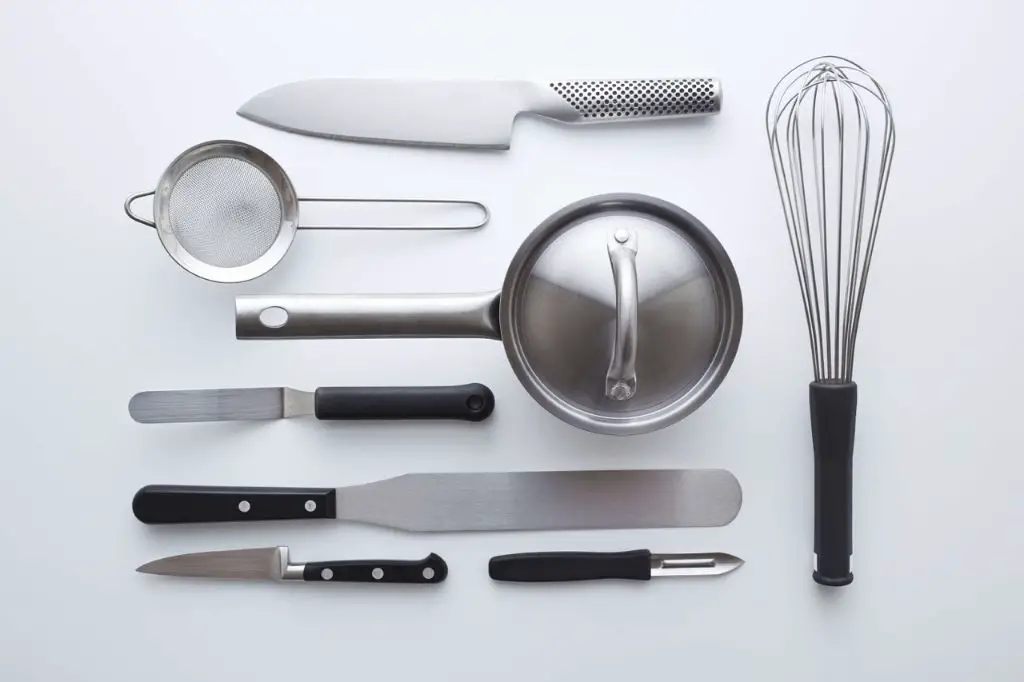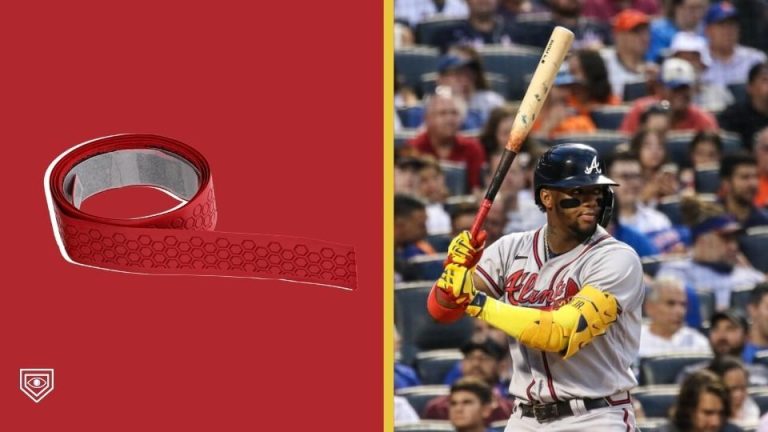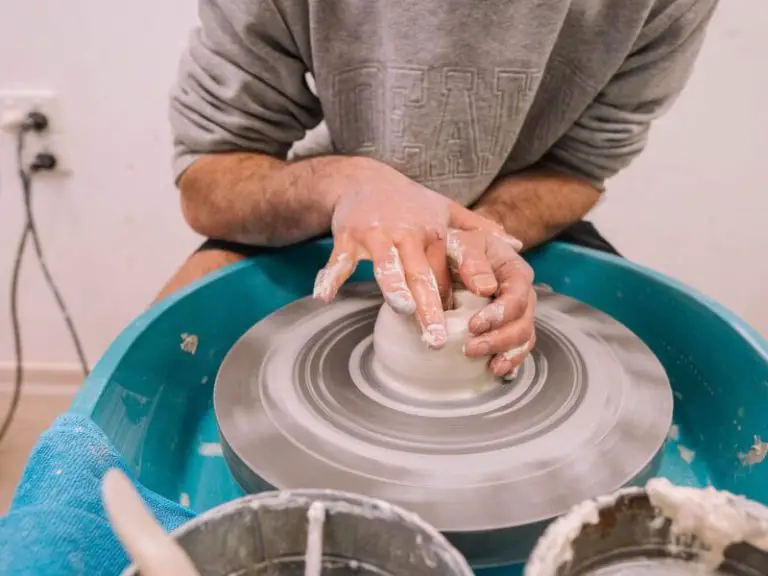Do Professional Chefs Use Measuring Cups?
Measuring ingredients precisely is one of the keys to successful cooking and baking. For amateur home cooks, using measuring cups to portion ingredients is standard practice. But when it comes to professional chefs, the answer is more nuanced. Though some chefs rely wholly on intuition and experience when portioning ingredients, measuring tools remain important in many kitchens. There are advantages and drawbacks to both approaches.
This article will examine whether professional chefs regularly use measuring cups and spoons. We’ll look at why precision matters in cooking, when measuring tools are indispensable, and when they can be set aside. Perspectives from experts will provide insight into real-world kitchen practices. By the end, the nuances around this everyday cooking question should be clear.
Definition of a Professional Chef
A professional chef is someone who has undergone formal training at a culinary school and works in the restaurant industry, usually in a leadership or managerial role. They have a high level of expertise in all aspects of food preparation and kitchen operations
Unlike a cook, who may learn on the job, a professional chef has academic training, often earning an associate or bachelor’s degree in Culinary Arts or a related field. Culinary programs provide both classroom education and hands-on experience through internships and externships. Coursework covers topics like food safety, nutrition, culinary skills, business management, and more (https://www.escoffier.edu/blog/culinary-pastry-careers/the-difference-between-a-cook-and-a-chef/)
After completing their formal education, chefs go on to gain additional hands-on training by working in restaurant kitchens, hotels, catering companies, and other foodservice operations. With years of experience, they develop mastery of complex culinary techniques and management skills needed to oversee a team of cooks. The highest ranking chefs often become executive chefs, head chefs, or chefs de cuisine (https://learn.org/articles/Professional_Chef_Salary_and_Career_FAQs.html).
The day-to-day work of a professional chef involves planning menus, developing recipes, ordering ingredients, coordinating food preparation, and supervising cooks and other kitchen staff. They ensure high standards for food quality, presentation, and service (https://work.chron.com/description-professional-chef-11152.html). Their expertise and leadership provides the foundation for a well-run, efficient kitchen.
Tools Used by Professional Chefs
Professional chefs use a variety of specialized tools in the kitchen to prepare food efficiently and consistently. Some of the most essential tools for any chef include knives, pots and pans, food processors, and thermometers.
Knives are one of the most important tools for any chef. Most chefs will have a set of knives for different tasks, such as a chef’s knife for chopping, slicing and dicing, a paring knife for peeling and trimming, and a serrated knife for cutting breads and pastries. High-quality, sharp knives allow chefs to work quickly and precisely (Escoffier).
Having a variety of pots and pans is also critical for cooking different types of dishes. Chefs typically have stainless steel pots and pans for sautéing, frying, and boiling. Non-stick pans are useful for cooking delicate foods like eggs and fish. Heavy bottomed pots help regulate temperature when making sauces or soups (Boldric).

Food processors like blenders, mixers, and slicers save chefs time when preparing large volumes of food. For example, a powerful blender can puree sauces or soups in minutes. Food processors with interchangeable blades can shred, slice, or chop vegetables efficiently (JB Prince).
Finally, instant-read thermometers are indispensable for determining if foods, especially meats, are fully and safely cooked. Thermometers take the guesswork out of cooking and ensure food safety standards are met in commercial kitchens.
Importance of Precision
Precision is extremely important for professional chefs for several reasons:
Consistent results – Measuring ingredients precisely allows chefs to achieve consistent results every time they make a dish. Even slight variations in ingredient amounts can alter texture, flavor, appearance and more. Professional chefs aim to serve their signature dishes exactly the same each time to meet customer expectations. According to Top 3 Reasons Precision Baking is Important For Your Baking Business, “precision baking requires the chef to convert a recipe from the standard measurements of cups and spoons to a more precision measurement based on the weight of each ingredient.”
Food safety – Precise measurements, especially of ingredients like salt, baking soda, meat temperatures, and more impact food safety. Over or under measurements of certain ingredients can result in foodborne illness or other issues. Professional chefs undergo training to learn exact measurements needed to execute recipes safely.
Efficient workflow – Mise en place, the practice of measuring and preparing ingredients beforehand, allows chefs to cook more efficiently. According to The Importance of Measurement in the Kitchen, “When ingredients are perfectly portioned out ahead of time, chefs can focus on proper cooking techniques instead of stopping to measure.” Precise measurements support smooth execution.
When Measuring Cups Are Used
Measuring cups are still commonly used by professional chefs in certain situations, especially:
- Baking recipes – Cup measurements are standard for many baked goods like cakes, cookies, muffins, etc. Precision is critical for successful baking, so sticking to precise cup measurements helps ensure consistency. Some chefs will weigh dry ingredients for baking as well, but cups remain very common.
- Some sauces and dressings – For certain sauces, marinades, salad dressings, etc. volume measurements can be easier than weighing small amounts of wet ingredients. Measuring cups allow for quick and easy mixing of these recipes.
- Portion control – Measuring out portion sizes with cups can be faster than weighing in some cases, like dishing out servings of grains or baking muffins. Cups allow chefs to quickly portion standardized serving sizes.
So while scales may be used for precision, measuring cups still serve some usefulness in a professional kitchen.
When Measuring Cups Aren’t Used
Professional chefs with years of experience tend to rely more on their instincts and senses rather than measuring cups when cooking. As Chef Thomas Keller has said, “I don’t allow measuring spoons in my kitchen because cooking intuitively and by taste, texture and experience is most important.”
Highly skilled chefs are able to judge quantities and adjust recipes by relying on their senses of taste, smell, touch and sight. They can often tell if a dish needs more salt just by looking at it or tasting a small bite. Top chefs are able to achieve a balanced, flavorful dish without precisely measuring every ingredient.
“After years in the kitchen, professional chefs develop an intuition that guides their seasoning and cooking,” says Chef Jose Andres. “Rather than measuring, they add a dash of this or a handful of that based on years of experience and honing their instincts.”
So while measuring tools have their place in a commercial kitchen, for professionals who have cooked the same dishes thousands of times, an experienced chef’s senses are the best tools for achieving culinary excellence.
Advantages of Using Measuring Cups
There are some key advantages to using measuring cups in a professional kitchen setting:
Standardization
Using a precisely calibrated measuring cup helps standardize recipes across an organization. Professional chefs often work for restaurant groups or hotel chains where recipes need to be replicated exactly in multiple locations. Measuring cups allow for consistent, standardized portion sizes according to a recipe.
As per this source, measuring cups make it easier to produce consistent baked goods and dishes.
Replicating Recipes
Measuring cups allow chefs to precisely follow a recipe and achieve consistent results each time that recipe is made. Rather than estimating portions by sight or feel, the measuring cups provide an exact, standardized amount.
This reliability is especially important when baking, as minor variations in ingredient amounts can significantly impact the end result.
Training New Chefs
In a professional kitchen with frequent staff turnover, measuring cups help train new chefs on exact recipe portions and procedures. The new chef can follow the measurements precisely rather than having to visually estimate if they are adding the right amounts.
This ensures a smooth handover of recipes and cooking procedures as team members change.
Disadvantages of Over-Reliance
While measuring cups can be useful tools in the kitchen, relying too heavily on them can have some drawbacks for professional chefs:
Less flexibility: Strictly following measuring cup amounts doesn’t allow much room for adjusting recipes on the fly. Professionals often want more flexibility to tweak ingredients to taste.
Stifles creativity: Measuring cup recipes can limit a chef’s ability to experiment and be creative with new flavor combinations. Professionals are often seeking to develop their own signature dishes.
Depends too much on recipes: An over-reliance on measuring cups means a chef is less able to operate by intuition, experience and taste. The best chefs develop skills and knowledge that go beyond measuring cup recipes.[1]
Expert Opinions
Many professional chefs have weighed in on the topic of using measuring cups versus other methods like scales. According to Chef Jacques Pépin, “Measuring ingredients by weight rather than volume is more accurate and consistent, but most home cooks don’t own a scale and thus have to rely on measuring cups and spoons” (Source).
Pastry chef Claire Saffitz of Bon Appétit has said she prefers to use a scale when baking: “I almost always weigh my dry ingredients when I bake now. It’s so much more precise than measuring cups, which can vary widely from kitchen to kitchen.” (Source)
According to chef Tom Colicchio, “For professional kitchens, we definitely think scales are the way to go. They’re faster, cleaner, and much more accurate and consistent batch to batch.” (Source)
Conclusion
In summary, while professional chefs rely heavily on their experience and intuition when cooking, measuring tools like cups still play an important role in many kitchens. Measuring accurately is crucial for baking and in situations where precise portions are required. Cups allow for convenient and consistent measuring, though over-reliance on them can lead to less flexibility. The choice of whether to use measuring cups frequently comes down to personal preference and the needs of the specific recipe.
The debate around cup use will likely continue, but most chefs agree they have a place as one tool among many in a well-stocked kitchen. As long as they are used judiciously and not as a replacement for skill, measuring cups can assist professional chefs in exercising their craft, ensuring consistency, and educating aspiring cooks. Though intuitive seasoning and tasting remains essential, even the best chefs recognize the utility of the humble measuring cup.




